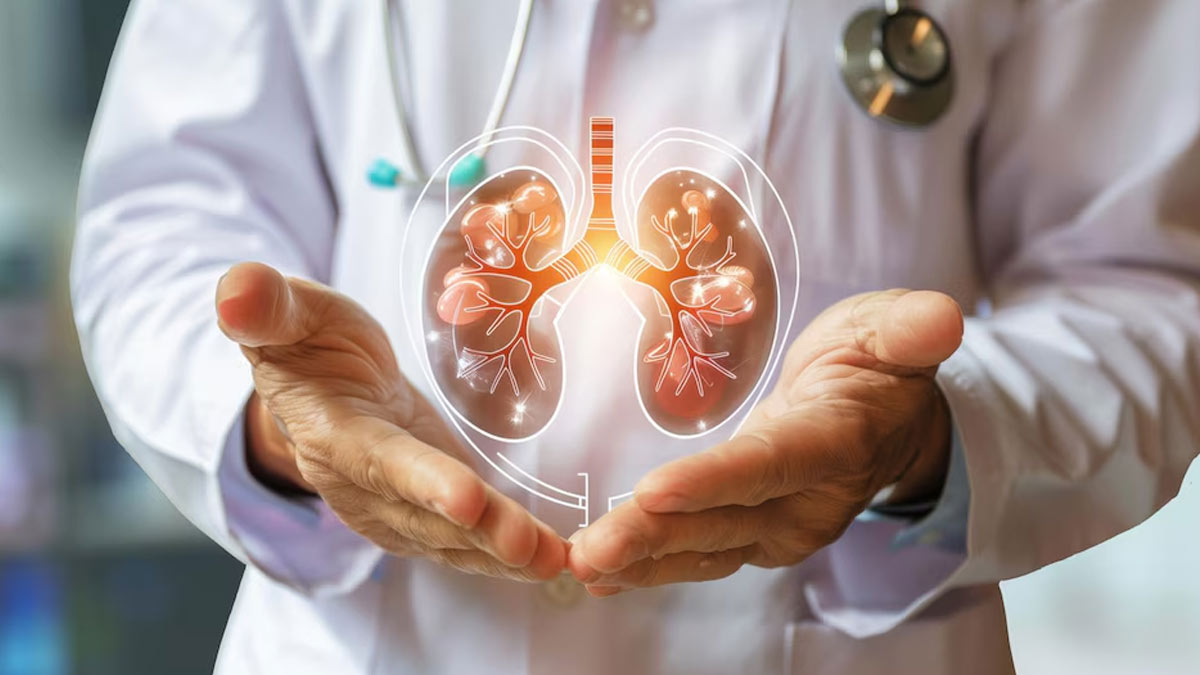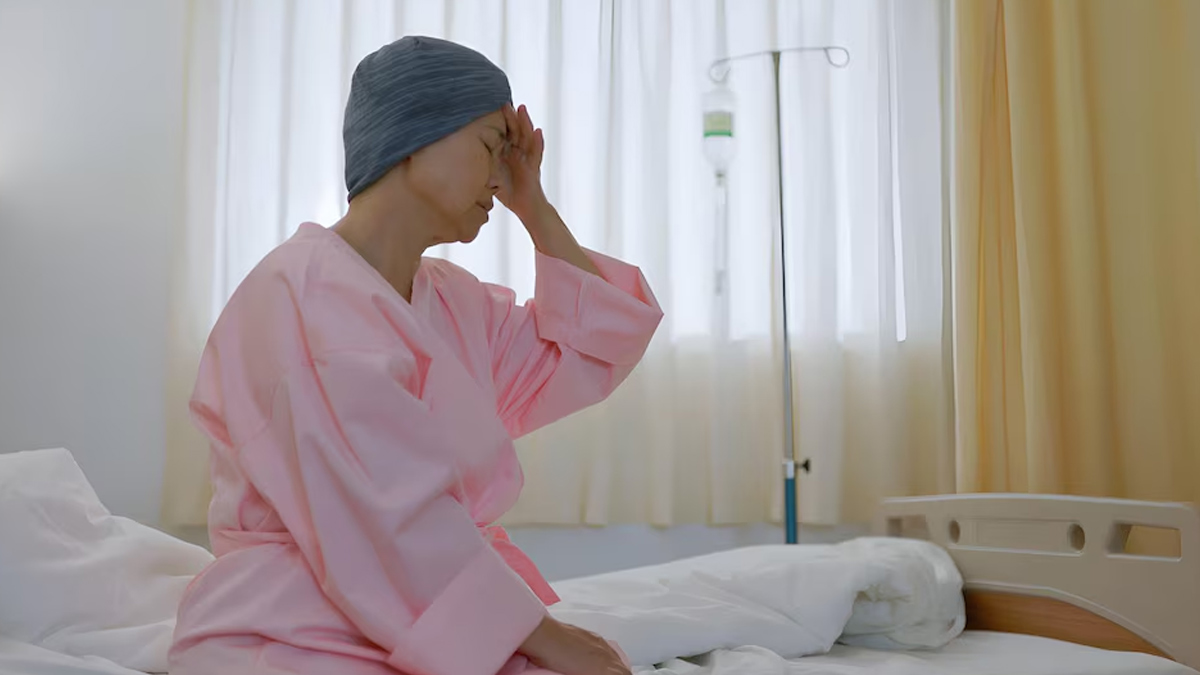
Dealing with kidney cancer can be overwhelming, especially when faced with the challenges of treatment. While therapies like surgery, targeted drugs, and immunotherapy are essential in the fight against cancer, they often come with a range of side effects that can affect your daily life. However, with the right strategies and support, it’s possible to manage these side effects effectively, allowing you to maintain your quality of life during treatment.
Table of Content:-
To understand the side effects after kidney cancer treatment and how to overcome them, OnlyMyHealth interacted with Dr Adittya K Sharma, Senior Director and Head of Urology, Andrology, Kidney Transplant & Robotic Uro-Oncology, Max Super Specialty Hospital, Lucknow, shares valuable insights and practical tips to help patients navigate this challenging path.
Understanding and Minimising Side Effects
"Measuring and minimising side effects during kidney cancer treatment is something of importance with regard to the patient’s health," says Dr Sharma. Kidney cancer treatments, such as surgery, targeted therapy, and immunotherapy, can lead to a variety of side effects, including fatigue, nausea, skin reactions, and emotional distress. Dr Sharma emphasises the importance of a holistic approach to treatment, which involves addressing not just the physical symptoms but also the emotional and psychological aspects.
Coping with Fatigue

Fatigue is one of the most common and debilitating side effects experienced by kidney cancer patients. It can significantly impact daily activities and overall quality of life. Dr Sharma recommends a balanced approach to managing fatigue. "I suggest patients take a walk or do anything that entails little exertion in an effort to enhance energy as well as outlook," he advised. Regular, light physical activity can help improve energy levels and combat the feelings of exhaustion that often accompany cancer treatment. Additionally, Dr Sharma highlights the importance of getting adequate rest and maintaining a balance between activity and rest.
Also read: Early Signs Of Kidney Cancer, Expert Explains How To Identify
Managing Nausea
Nausea is another prevalent side effect, particularly for patients undergoing chemotherapy or targeted therapy. According to Dr Sharma, "Nausea can be controlled by taking smaller portions of food at a time and drinking water or any other clear fluid." He also advises patients to avoid hot and fried foods, which can exacerbate nausea. Studies have shown that ginger and peppermint may also help alleviate nausea, offering a natural way to ease this discomfort.

Addressing Skin Reactions
Targeted therapies for kidney cancer can cause skin reactions, including rashes and dryness. Dr Sharma suggests using fragrance-free products and mild moisturisers to soothe the skin. "Avoiding direct sunlight is also crucial," he adds, as sun exposure can worsen skin conditions. For those who develop mouth sores, a common side effect of certain cancer treatments, Dr Sharma advises consuming soft, non-irritating foods and avoiding acidic or spicy foods, which can aggravate sores.
Emotional and Mental Health

The psychological impact of kidney cancer treatment should not be underestimated. Dr Sharma stresses the importance of mental and emotional well-being during the treatment process. "Depending on the journey through cancer treatment is upsetting," he acknowledges, "and I recommend that patients consult counsellors, engage in group discussions, or seek support from friends and family for strength." Research has shown that coping with stress and maintaining a positive attitude can significantly influence treatment outcomes, underscoring the importance of emotional support.
Also read: Kidney Cancer: 4 Stages Of This Deadly Disease, Expert Explains
Communication with Healthcare Providers
Dr Sharma emphasises the importance of open communication between patients and healthcare providers. "Inform us immediately if you experience any side effects so that we can change your treatment plan or give you some relief medications," he advises. Proactive communication allows for timely adjustments to the treatment plan, ensuring that side effects are managed effectively and do not become overwhelming.
Conclusion
Managing side effects is a critical aspect of kidney cancer treatment. By following the advice of experts like Dr Adittya K Sharma, patients can better cope with the physical, emotional, and psychological challenges that arise during treatment. Maintaining a positive outlook, staying active, and communicating openly with healthcare providers are key strategies that can help patients navigate their journey with resilience and hope.
Also watch this video
How we keep this article up to date:
We work with experts and keep a close eye on the latest in health and wellness. Whenever there is a new research or helpful information, we update our articles with accurate and useful advice.
Current Version